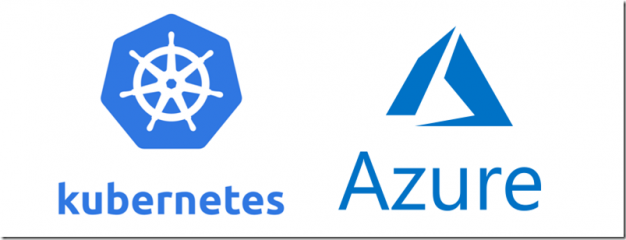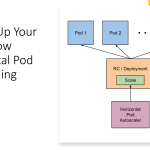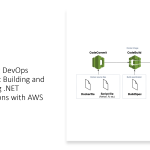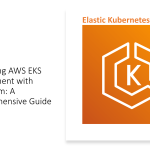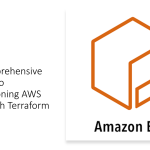I will start with history: Sometime around 2016, Microsoft launched an IaaS service called Azure Container Service a.k.an ACS serves as a bridge between Azure Ecosystem and existing container ecosystem being used widely by the developer community around the world.
 It helps as a gateway for infrastructure engineers and developers to manage underlying infrastructure such as Virtual Machines, Storage, Network Load Balancing services individually than the application itself. The application developer doesn’t have to worry about planet-scale of the application, instead, a container orchestrator can manage the scale up and scale down of your application environment based on peaks and downs of your application usage.
It helps as a gateway for infrastructure engineers and developers to manage underlying infrastructure such as Virtual Machines, Storage, Network Load Balancing services individually than the application itself. The application developer doesn’t have to worry about planet-scale of the application, instead, a container orchestrator can manage the scale up and scale down of your application environment based on peaks and downs of your application usage.
It offers an option to select from 3 major container orchestrators available today such as DC/OS, Swarm, Docker, and Kubernates. ACS along with your choice of container orchestrators works efficiently with different container ecosystems to enable the promise of application virtualization.
To make it simpler, ACS is your Super Glue to gel your Azure infrastructure and your container orchestrator together. Means you will be able to make your fully managed container cluster in a matter of minutes with Azure.
ACS is for making your microservices dream come true, by providing individual services scale according to the demand and automatically reduce the scale, if usage is low. You don’t have to worry, ACS and your container orchestrator will take care of you.
If you are a beginner to container-based infrastructure for your applications, you don’t have to take the pain at all of setting up Kubernates on your own, instead, ACS will simplify your implementation with a couple of easier click thru’s and your container infrastructure is ready to be fully managed by you. As simple as that.
What is Azure Container Kubernates Service (AKS) then?
As I am writing today, Microsoft has a new fully managed PaaS service called as Azure Container Service (AKS) or Managed Kubernates, meaning that Kubernates would be your default fully managed container orchestrator, if you choose Azure Container Service. But you would be able to deploy other open-source container orchestrators if you prefer to choose to have your own unmanaged Kubernates, Docker or DC/OS and then add your specific management and monitoring tools.
This service is currently available in PUBLIC PREVIEW, you can get started from here
Means though it is a fully managed service, you still have the option to manage it your own using your preferred set of tools and orchestrators.
Charging Model
Whether you manage your AKS service with your own set of tools and orchestrator or you use Fully Managed Kubernates, you only need to pay for resources you consume. No need to worry about per-cluster charges like other providers.
Useful References:
